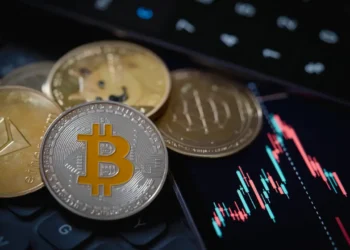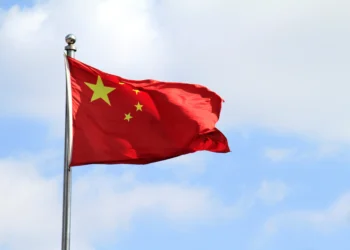Cryptocurrency related accounts in China’s Twitter-like social media platform, Weibo were blocked over the weekend, as the country stepped up a crackdown on Bitcoin trading and mining.
According to local reports over the weekend, dozens of cryptocurrency influencers on Weibo have been unable to use their accounts. Weibo greeted other users who visited suspended accounts with a message saying the banned accounts have violated Weibo guidelines and “relevant laws and regulations.”
More actions are to be expected such as linking illegal crypto activities in China more directly with the country’s criminal law, according to analysts and a financial regulator.
READ: China’s financial regulators ban cryptocurrency business
NYU law school adjunct professor and former China Investment Corporation managing director, Winston Ma said, “The Chinese government makes it clear that no Chinese version of Elon Musk can exist in the Chinese crypto market.”
Last month, China’s State Council, or cabinet, vowed to crack down on bitcoin mining and trading, escalating a campaign against cryptocurrencies days after three industry bodies banned crypto-related financial and payment services. This action caused the price of Bitcoin to plummet to as low as $30,000.
This has been termed “Judgement Day” for crypto influencers by a Weibo Bitcoin commentator or key opinion leader, who calls herself “Woman Dr Bitcoin mini.”
READ: Bitcoin market lost $400 billion, over a million investors got wrecked this week
Winston Ma, the author of the book “The Digital War,” also expects China’s supreme court to publish a judicial interpretation soon that may link crypto mining and trading businesses with China’s body of criminal law.
The Weibo campaign against cryptocurrency-related account comes as Chinese media stepped up reporting against cryptocurrency trading. The official Xinhua News Agency has published articles that exposed a series of crypto-related scams. State broadcaster CCTV has said cryptocurrency is a lightly regulated asset often used in black market trade, money laundering, arms smuggling, gambling and drug dealings.
The stepped-up crackdown also comes as China’s central bank tests its digital currency as the country is set to hand out $6.2 million in a new digital yuan trial in Beijing.




















